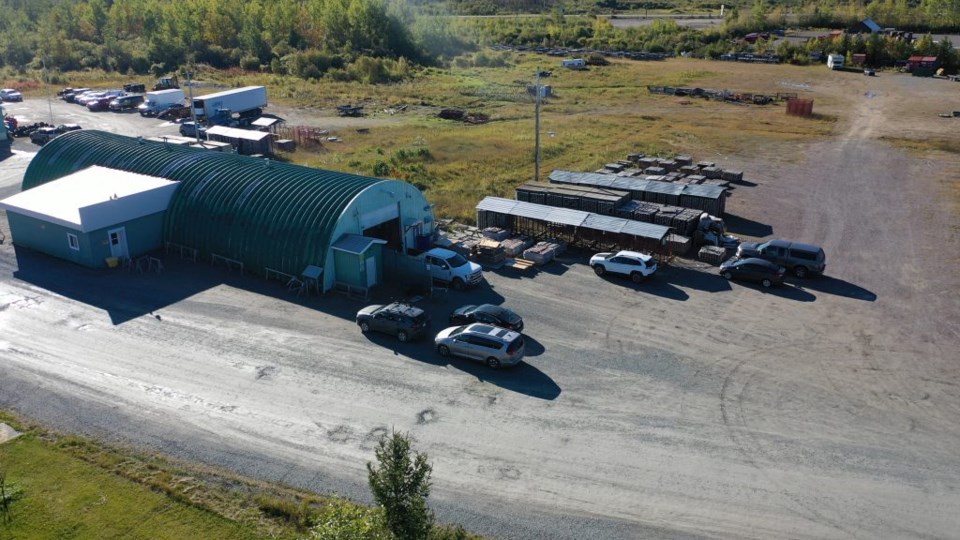Canada Nickel (TSXV:CNC; OTC:CNIKF) is enjoying better than anticipated results from recent tests of its novel carbon capture process. The process at the Crawford nickel project can store 1.0 million tonnes of carbon annually. This represents the potential to achieve 7% of Canada’s 15-million-tonne carbon removal goal at a single site.
The process is known as in-process tailings (IPT) carbonation, and it is attracting attention from several large multinational companies, according to Canada Nickel.
The Crawford project, near Timmins, Ont., is hosted in ultramafic rock, which naturally absorbs and sequesters carbon dioxide (CO2). The IPT process involves injecting a concentrated stream of CO2 into tailings generated by the milling process for a brief period of time. The CO2 is captured geologically in the tails while they are still in the processing circuit, rather than after they have been deposited.
"We believe the IPT carbonation process has transformative potential for the company. Our test work demonstrates the ability to efficiently store 1.0 million tonnes of CO2 annually when the project is fully ramped up utilizing a process plant design of only 6.5 hours of residence time versus an initial design target of 12 to 24 hours,” said Canada Nickel CEO Mark Selby. “These results can help contribute to delivering this solution at relatively low capital and operating costs."
Access to pilot-scale facilities to test the process has been delayed until this summer. The delay has pushed back the integrated feasibility study for Crawford until September 2023. This delay is not expected to change the overall timeline for the mine and mill. The permitting process is in the second stage of the federal process, and the target for receipt of all permits remains mid-2025 with construction to follow.
Canada Nickel believes that the successful incorporation of IPT carbonation could potentially allow a portion of the company's project capital expenditures to become eligible for the carbon capture and storage refundable investment tax credits of 37.5% to 60% for years 2022-30 and 18.75% to 30% for years 2031-40, as announced in the 2022 federal budget. The interest received from multiple large multinational companies pursuing carbon storage solutions further supports the company's belief that the mineral sequestration process may be considered an effective carbon storage approach that would meet Environment and Climate Change Canada requirements.


